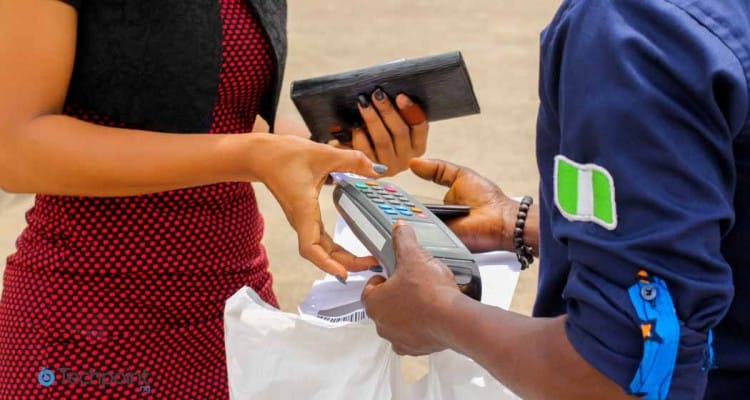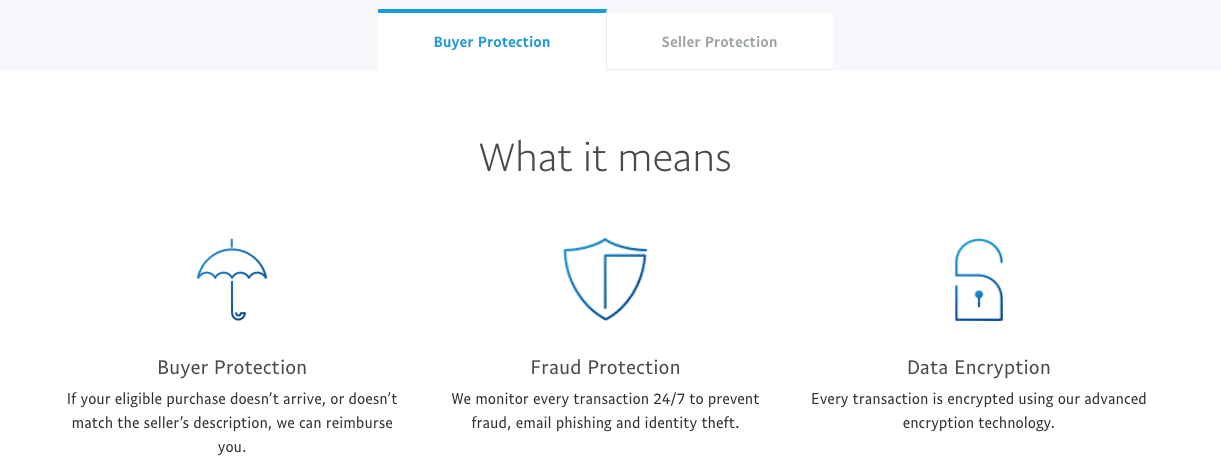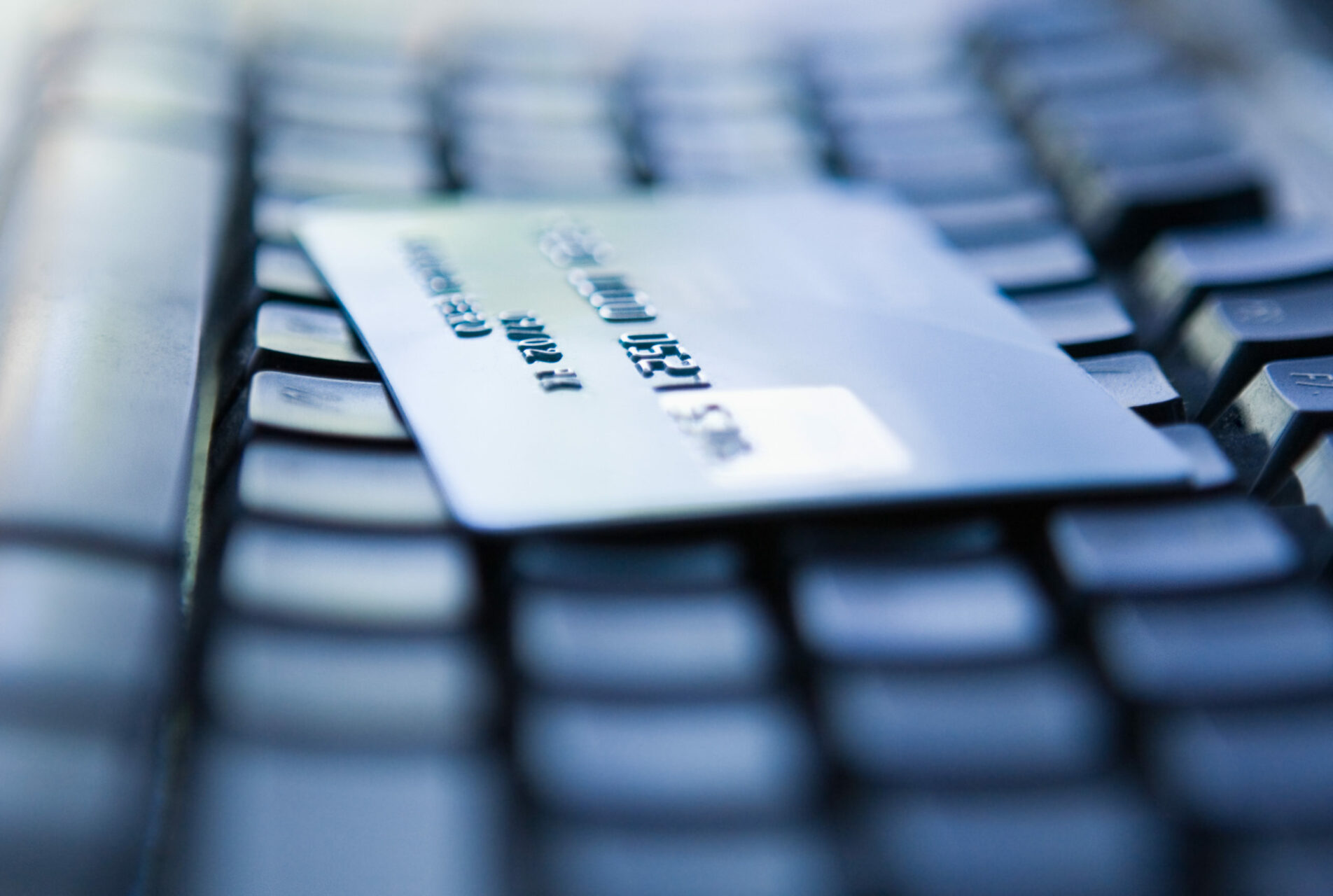Recently, I went on my first dentist visit in about 7 years for check up and clean up. Just after the dentist finished the consultation, he told me straight away that he has one golden rule for all his patients; “If you miss one appointment, I will drop you as patient”. Wow! Hey! Hello! I am the one paying him, right? That sounds like a draconian rule, right?
But all of a sudden, the seriousness in our further engagement came to being. I felt, hey this guy really means business. I took out my phone, opened the calendar, registered his appointment as priority-1 and told my wife too to also keep note.
This sort of seriousness, I believe, is lacking in eCommerce and online transaction engagement in Nigeria.
The Prima Facie Evil — Cash on Delivery

Many have admitted that Cash on Delivery (CoD) and Free Delivery are one of the pitfalls for eCommerce in Nigeria. Which is why the giants, like Konga and Jumia are now getting rid of it.
However, I think this new norm, the stop in the use of CoD by most online retailers in Nigeria, without any real solution for the protection of consumer is as bad as the old system. It shifts too much power onto the merchant side and will most probably affect the future of the trust issues in Nigeria eCommerce.
Two bad scenarios:
I know tech executives today that are still not comfortable with the use of credit or debit cards for online purchase in Nigeria. I mean, these are guys whose source of income predominantly is from this “tech thing”. I personally know one who would rather transfer the money to one of his employees to make the purchase, than use his own card directly. Why?
My mum recently told me not to send her monthly allowance to her bank anymore because she doesn’t understand the deductions the banks make from her account. This is a woman that is just slowly accepting the new technology. One bitter taste from one bank, she is no longer interested in any of the banks card.
How serious are the leading fintech companies in Nigeria about this issue?
The new fintech companies are beginning to overlook this aspect too. Either that or they are not taking it as seriously as they are taking the acquisition of merchants.
For example, I recently looked through the Paystack and Flutterwave websites. I couldn’t find even one mention of what they are doing to protect consumers. There was nothing on how they will help customers get their money back should in case the goods are damaged, don’t turn up, service not rendered or are not as they expected.
Rather, there was so much about prevention of fraud, Payment Card Industry Data Security Standard (PCI DSS), insurance against chargebacks, fraud management and ID verification and more, all in the name of protecting companies that use their payment system to collect and process payments, and almost nothing towards the consumer. It is great that they have gone that length to protect the merchant, it will be better and noble if they also go further to protect the consumer from the merchant.
This is another deep hole that we are digging for the future. Make way for payment system, get loads of people to use it and once they have that bitter taste, got bitten again and the “no trust issue” will resurface.
Else where:
On PayPal you will clearly see side-by-side the Buyer protection and Seller protection policies. It is clearly stated on there that:
If your eligible purchase doesn’t arrive, or doesn’t match the seller’s description, we can reimburse you.

This on its own gives a buyer of a service or a product online:
- Peace of mind that they will either get a good service/product or their money back, no quibbles.
- The assurance coming from the payment processor gives consumers one more layer of trust. This is better as a promise coming from the payment processor rather than the merchant; it sounds more genuine.
- It also keeps both buyers and merchants on a level playing field. Both buyer and seller will be on their toes and be mindful of their faults and engagements as there is now an arbiter, an independent judge, with direct access to the money in question, that will determine which party is at fault should there be a disagreement between the buyer and merchant.
The way forward

For there to be trust, each party should be able to hold one another accountable for any failure. A power sharing between parties involved, the merchant, payment processor and consumers, should be in existence.
With Cash on Delivery, you give all the power to the consumer. Likewise, with unregulated, monitored, purely online transactions you give all the power to the merchants. And I see that this is where we are heading. This is really bad, especially in a country where regulatory reform is scarce, there is lack of trust in traditional banks and citizens do not trust the government to help in any form.
Now that we have taken the power from the consumer, if the overall power lies with the merchant or we continue to depend on the banks or cards to help consumers address disagreement, the consumer will continue to suffer.
We all know that power lies where we think it lies. If we do not educate the consumer to believe that some power lies with them too, they will continue to think that the power lies where it always has.
I rejoice for the advancement that fintech companies such as Flutterwave and Paystack are making. I believe they have the power should they be willing to use it for good.
Some of the protection that should be explicitly made known to both merchant and consumers are:
- Comprehensive consumer protection
- Purchase protection
- Easily accessible and light-speed chargeback.
At the moment, who is really protecting Nigeria online consumers? Are there any laws in Nigeria that govern online transactions, especially payments online?
Everyone wants to collect money online from Nigerians and no one wants to take seriously what happens when Nigerian consumers become victims of fraudulent merchants or unreliable service providers. Where do they go to for recourse? How are they solving the issue? Any data? Any research? Any easily accessible chargeback with same speed you (merchant and payment processors) used to take the money out of their accounts? Is there anything at all? Or we just can keep lamenting, “trust issues are killing eCommerce and online transaction in Nigeria”.
And please, don’t refer me to the CBN’s Guidelines on Transactions Switching Services or that which you can find in the Sales of Goods Act or the Consumer Protection Council — all mouth, no teeth.
I believe Flutterwave and Paystack (including all other fintech startups in Nigeria) can do more. They can make a big impact on the trust issues Nigerian consumers have for online transaction if they really want to. If they see it fit as part of their positive disruption. If they see it has the new cool thing to do. But to me, for now, it looks one-sided; they all are friends of merchants and not so serious at being friends with consumers, the real owners of the money.
“For unto whomsoever much is given, of him shall be much required: and to whom men have committed much, of him they will ask the more”. — Luke 12:48.
Nigerian consumers are willing to take you seriously but how serious do you take us? Unless, of course, if you no longer consider your customers’ customers your customers too.
About the Author
 Yusuf Hassan is the founder of Tutlub & @wakoyo. He is interested in Business Development, Digital-Word-of-Mouth and Islamic Global Economy. Connect with him and say hi on yusuf@tutlub.com.
Yusuf Hassan is the founder of Tutlub & @wakoyo. He is interested in Business Development, Digital-Word-of-Mouth and Islamic Global Economy. Connect with him and say hi on yusuf@tutlub.com.






